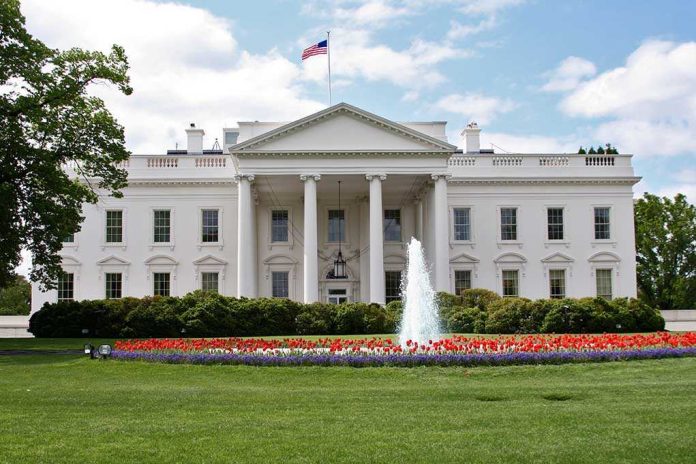
California Governor Gavin Newsom may have secured a political victory with Proposition 50, but his presidential ambitions face fierce resistance from his own state’s voters who clearly don’t want him abandoning California for the White House.
Story Highlights
- Newsom openly admits considering 2028 presidential run despite California voter opposition
- Governor successfully pushed Proposition 50 redistricting measure to benefit Democrats
- Internal Democratic tensions emerge over his White House ambitions
- Polling shows competitive matchup against potential Republican opponents
Newsom’s Presidential Admission Sparks Controversy
Governor Gavin Newsom finally dropped all pretense about his White House ambitions during an October 27 CBS News interview. When asked directly about a 2028 presidential run, Newsom stated he would be “lying” if he claimed otherwise about considering the race. This marks his first explicit acknowledgment of serious presidential consideration, abandoning months of calculated ambiguity. Political insiders view this admission as signaling “the start of a long game for Democrats eyeing 2028,” revealing Newsom’s strategic positioning within the Democratic establishment despite growing home-state skepticism.
Proposition 50 Victory Masks Deeper Political Problems
While Newsom celebrates California voters approving Proposition 50, which creates new congressional district maps favorable to Democrats, this tactical win cannot obscure the fundamental disconnect between his national aspirations and voter preferences. The redistricting measure represents classic political maneuvering designed to boost Democratic House seats in 2026 midterms. However, reports indicate significant tensions within California’s Democratic establishment, with “a Democrat from Silicon Valley” emerging as a new challenger to Newsom’s presidential ambitions. This internal opposition suggests even his own party questions whether he should abandon California governance for national political theater.
National Positioning Despite Home State Resistance
Newsom has aggressively ramped up his national media presence and strategic visits to early primary states like South Carolina, positioning himself as “one of the loudest Democratic voices against Donald Trump and his policies.” Recent Emerson College polling shows him in a competitive matchup against potential Republican nominee J.D. Vance, suggesting national viability. Yet this polling data cannot mask the apparent resistance from California voters who seem unwilling to support their governor’s abandonment of state responsibilities for White House ambitions. Vice President Kamala Harris has also hinted at a 2028 run, creating additional complications for Newsom’s path forward.
Conservative Implications of Newsom’s Presidential Push
Newsom’s presidential positioning represents everything conservatives oppose about progressive politicians: abandoning local responsibilities for national power grabs while implementing policies that damage working families. His track record as California governor includes supporting sanctuary city policies, excessive government spending, and regulatory overreach that has driven businesses and residents from the state. The fact that even California voters appear reluctant to endorse his White House bid speaks volumes about his failed leadership. Conservatives should view his potential candidacy as an opportunity to highlight the devastating consequences of progressive governance on American families and communities.
Sources:
Gavin Newsom’s new headache: A Democrat from Silicon Valley
Newsom changes his tune on running for president



